Domain Validated (DV) Certificates
An easy and affordable way to protect your site
Domain Validated (DV) certificates are a fast and simple way to secure your website with industry-standard up to 256-bit encryption. The process of obtaining one of these SSL certificates couldn’t be easier and is usually handled with just a standard email. A file-based authentication method can also be used and is recommended if you have direct access to the server that hosts your domain name.
In order to receive a DV certificate from one of our trusted Certification Authorities (CAs), all you have to do is prove that you own the domain that you wish to protect. Since no extensive validation process is required, DV certificates are the most affordable type of SSL on the planet.




